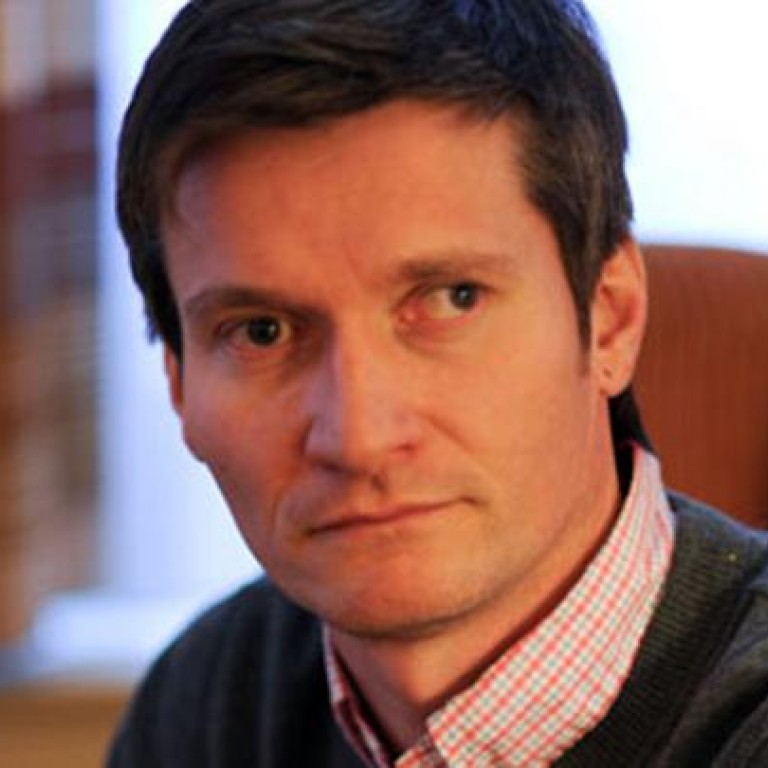
British police spies routinely had sex with activists, case suggests
Judge rejects bid by force to have compensation case for 11 victims heard by secretive tribunal
Hundreds of political activists were bedding down in a field near the Drax power station in North Yorkshire. It was August 2006 and activists had erected tents beside Britain's biggest carbon emitter.
As night fell on the inaugural Climate Camp protest, the campaigners near the coal-fired station had no idea that their camp had been infiltrated by three undercover police officers.
Not only infiltrated - Mark Kennedy and Lynn Watson were having sex with activists. The third would soon be doing the same with two women in Cardiff, where he posed as a truck driver to monitor a group of anarchists.
The controversy over the use of sex in covert policing is easily caricatured as wayward constables "sleeping with the enemy". But the evidence that has surfaced suggests British police have been routinely developing close relationships with activists.
Of nine undercover police identified over the past two years, eight are believed to have slept with those they were spying on.
On Thursday, in the latest chapter of a long-running legal dispute, some of those cases were raised at the High Court in London. In a joint lawsuit, 10 women and one man say they suffered emotional trauma after forming "deeply personal" relationships with people who were later revealed to be spies.
Their claim for damages threatens an embarrassing court battle for London's Metropolitan Police, which has been trying to keep controversial details of the covert operations secret.
The male activist who said he had sex with Watson at the Climate Camp is not part of the legal action. He said he did not want to sue the police because the one-night stand, instigated, he said, by the female officer, was "nothing meaningful".
However, those seeking compensation say they are the victims of a highly manipulative and abusive policing operation.
"It is unacceptable that state agents can cultivate intimate and long-lasting relationships with political activists in order to gain so-called intelligence on political movements," a lawyer for some of the women involved, Harriet Wistrich, said.
In two cases, women who were sleeping unknowingly with undercover police invited the men to the funerals of relatives. Police spies shared homes with the women they spied on, met their families, told the activists they loved them and went with them on holidays abroad. The male claimant says an undercover officer became his friend - then slept with his girlfriend.
The cases go back to the 1980s, and one, which is being treated as a separate legal action, involves a woman who had a child with an undercover police officer.
In all cases, the spies vanished from the lives of the activists once their deployments had ended, leaving the women wondering where their loved ones had gone.
All of the deployments, which cost, in total, tens of millions of pounds in taxpayers' money, were aimed at garnering intelligence on radical activist groups
Lawyers for the police wanted all the cases struck out of the High Court, arguing that they should be heard by a secretive tribunal that deals with complaints about MI5, the British security service.
Mr Justice Tugendhat rejected the request on Thursday, saying claims for damages under common law, including torts of misfeasance in public office, deceit, assault and negligence, constituted allegations of "the gravest interference" with fundamental rights and should be heard by the High Court.
